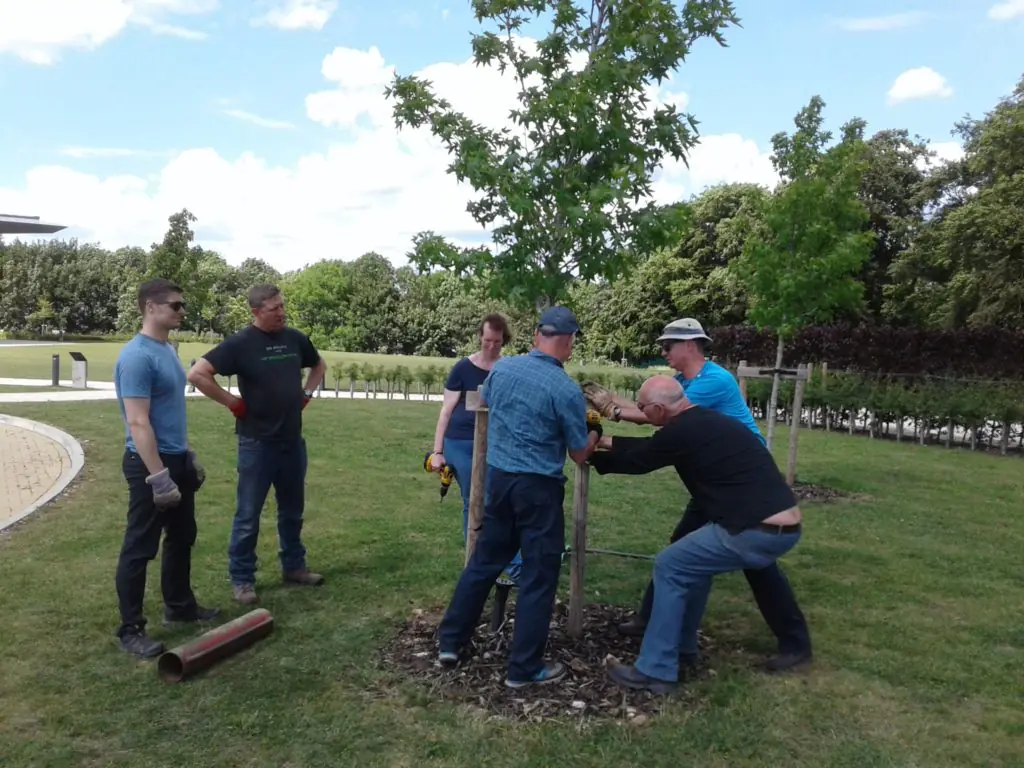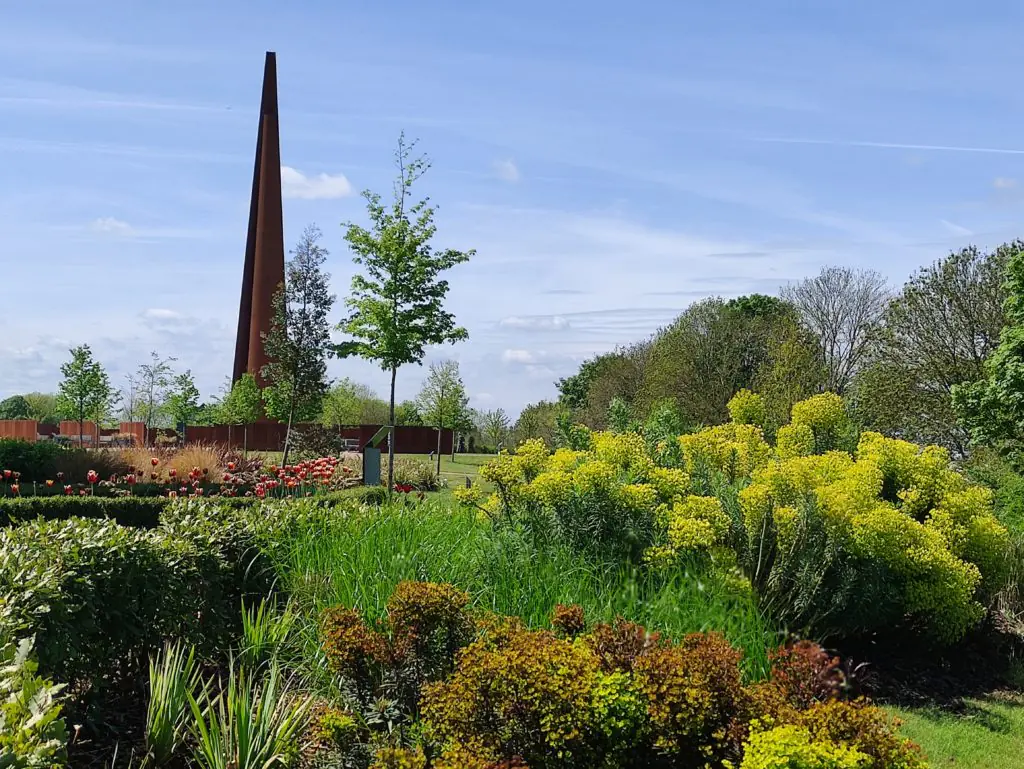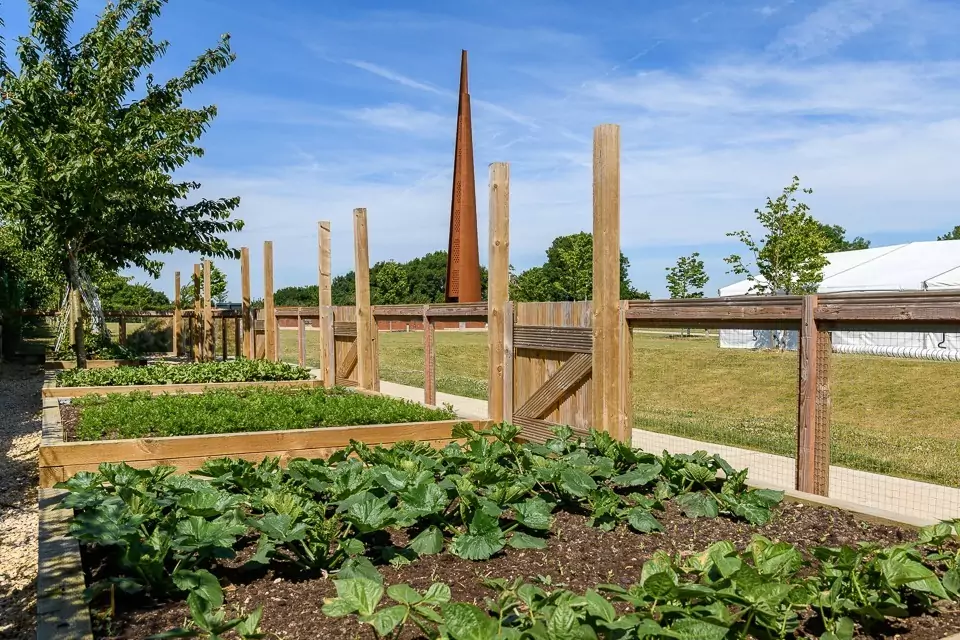COMMUNITY
The project has always had a community focus, demonstrated by the large number of volunteers involved (over 450 volunteers). This ethos extends to working with groups such as Youth Offenders, the Probation Service, Prince’s Trust, Duke of Edinburgh and local schools to provide work placements, providing real life experience in heritage, retail, site management and tourism. So far we have hosted 131 individuals through this scheme.
Volunteers are encouraged to get involved with creating habitats in the gardens and looking after them. This has included CSR days for a range of local businesses and groups. Prince’s Trust ran a project for NEETS based around the planting in the International Peace Garden.
Our volunteers have access to a huge range of courses and training from Tour Guiding to First Aid, from Barista training to producing archival metadata. Over the last 5 years of the project we have provided over 1,900 training opportunities. To find out about becoming a volunteer, click here
In addition, we run a community choir and orchestra who have had opportunities to perform at major events at the centre, including the televised opening. The project funds the Music Director and provides rehearsal space and refreshments. They now include 96 performers of all ages and backgrounds. The IBCC Music team now perform in theatres and schools across the county in addition to their events at the Centre.
Before opening the Centre the project had welcomed over 20,000 people to the site through a programme of Open Days and tours. People were able to watch the progress of the build from the site or via monthly updates in our free e-newsletter.
Our Learning Team are active in the community too, going into schools and creating mobile pop up exhibitions enabling more people to learn about Bomber Command. Our Engagement team can be seen around the country talking to groups and associations about the work of the Command and the history of the project. Anything from after dinner speaking to full lectures have enabled over 75,000 people to engage with their heritage within their own communities.
The project incorporates two free to access research resources, which are available for everyone to use via the web site. These now hold over 6 million pieces of data or records and interviews.
The IBCC Losses DatabaseThe IBCC Digital Archive


